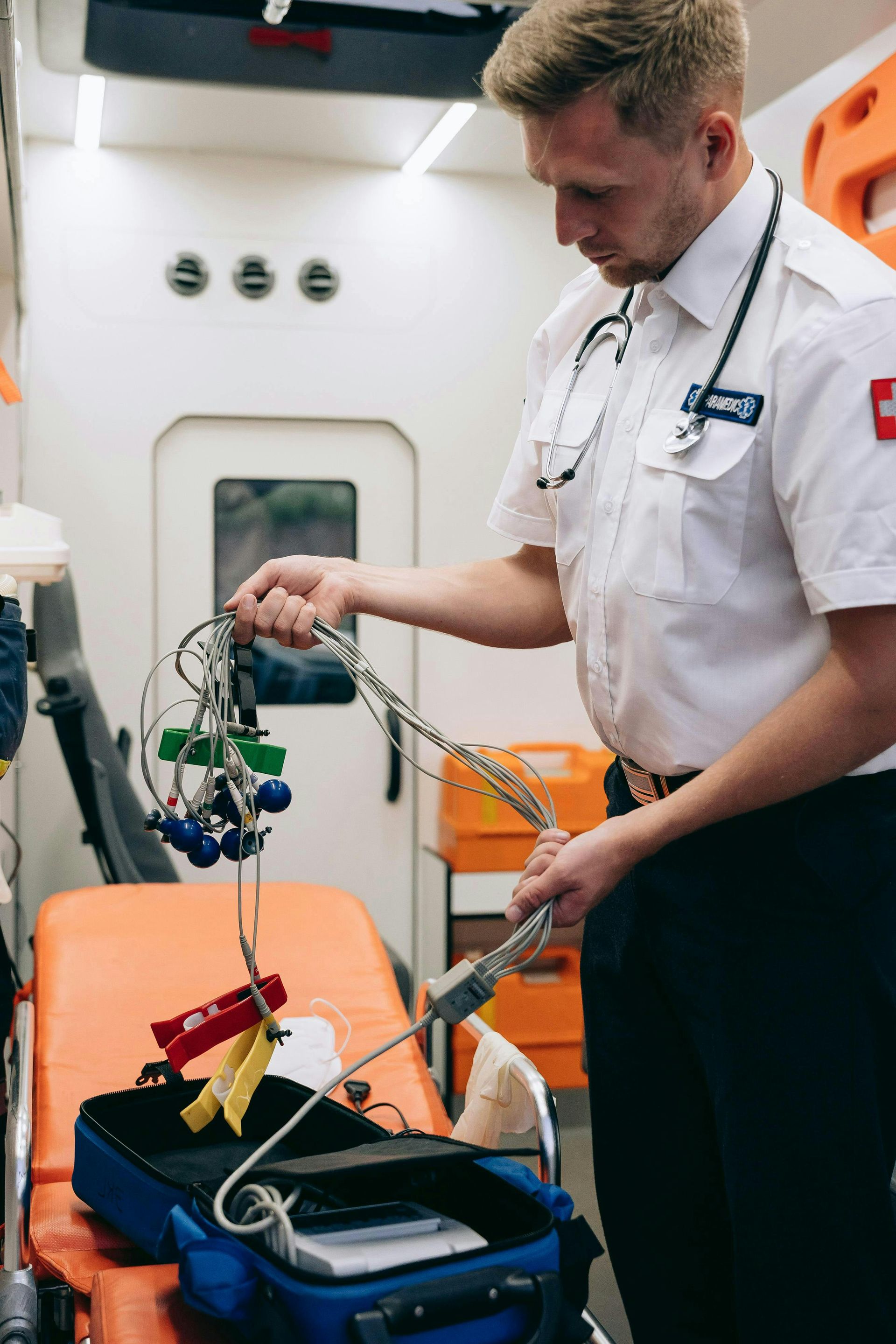950 S. Winter Park Dr., Suite 207
Casselberry, FL 32707
407.452.4918 – Phone
407.505.4245 – Fax
Property@PriortiyJustice.com
Key Steps for Medical Malpractice Attorneys to Ensure Compliance with Florida Presuit Requirements
In Florida, medical malpractice attorneys must follow specific presuit steps. These steps are crucial for both plaintiffs and defendants to ensure medical malpractice claims are handled fairly and legally. By adhering to these presuit requirements, attorneys can help facilitate a smoother legal process, avoid unnecessary delays, and increase the likelihood of a fair resolution for all parties involved. Understanding and complying with these presuit protocols is essential for the integrity of the legal system and for upholding the rights of both the injured patients and the healthcare providers.
Defendant's Obligation to Respond to Notice
When a medical malpractice claim is filed, the defendant, usually a healthcare provider or their insurer, has 90 days to respond after receiving the claimant's notice. During this time, they must take one of the following actions:
- Reject the Claim: If the defendant decides to reject the claim, they must include a written statement from a medical expert. This statement should explain why the medical expert believes there are no reasonable grounds for the claim.
- Offer a Settlement: The defendant can propose a monetary settlement to the claimant, potentially resolving the issue without further legal action.
- Admit Liability and Arbitration: The defendant may admit liability and propose that the damages be resolved through binding arbitration, which can be a quicker and less expensive process than going to court.
Detailed Steps for Compliance
Initial Notice: The first step for a medical malpractice lawyer representing the plaintiff is to send a notice of intent to sue to each prospective defendant. This notice should be comprehensive and include the following details:
- A description of the incident
- The injuries sustained
- The alleged negligence
This notice is a critical part of the process as it formally informs the defendant of the claim and initiates the presuit period.
Defendant's Response: After receiving the notice, the defendant or their insurer has 90 days to respond. The response must be one of the following:
- Reject the Claim: The defendant must provide a written statement from a medical expert that explains why they believe the claim lacks reasonable grounds. This expert opinion is vital as it supports the rejection with professional medical reasoning.
- Offer Settlement: The defendant can offer a monetary settlement to the plaintiff, which, if accepted, can resolve the claim without further legal proceedings.
- Admit Liability and Arbitration: The defendant may admit liability and propose resolving the issue of damages through binding arbitration. Arbitration can be a beneficial alternative to a lengthy court battle.
Medical Expert Verification: If the claim is rejected, the defendant's medical expert must provide a statement explaining why the claim is not valid. This step is crucial as it provides a professional basis for the rejection and can deter frivolous claims.
Strategic Points for Medical Malpractice Attorneys
For Plaintiffs:
- Comprehensive Presuit Notices: Ensure that all presuit notices are detailed and include thorough descriptions of the incident, injuries, and alleged negligence. This information helps establish the validity of the claim and provides a clear basis for the case.
- Gather Strong Evidence: Prepare for potential rejections by collecting substantial medical evidence and expert testimonies. Having solid evidence can strengthen the case and counter the defendant's claims.
For Defendants:
- Timely Responses: Respond promptly within the 90-day window. Timely responses are crucial to comply with the presuit requirements and avoid legal complications.
- Obtain Credible Expert Opinions: Secure a thorough and credible medical expert’s opinion to support the rejection of the claim if necessary. A well-reasoned expert opinion can be instrumental in defending against the claim.
- Consider Settlements or Arbitration: Weigh the benefits of offering a settlement or opting for arbitration to avoid prolonged litigation. These alternatives can save time and resources for both parties.
Importance of Compliance
Compliance with presuit requirements is essential for both parties. It helps streamline the legal process and can lead to early resolutions, saving time and resources. Medical malpractice attorneys must navigate these steps diligently to ensure their client's interests are protected.
The presuit process serves several important purposes:
- Prevents Frivolous Lawsuits: By requiring a detailed notice and expert verification, the process helps filter out baseless claims.
- Encourages Early Resolutions: The presuit period allows for settlements and arbitration, which can resolve disputes without the need for a full trial.
- Protects Legal Rights: Following the presuit requirements ensures that both plaintiffs and defendants have their legal rights respected throughout the process.
Conclusion
Navigating the complexities of medical malpractice claims requires a thorough understanding of presuit requirements. Both plaintiffs and defendants must adhere to these protocols to establish a fair legal process. By following the detailed steps outlined above, medical malpractice attorneys can effectively represent their clients and ensure compliance with Florida's presuit requirements.
For expert guidance and representation, consult with a qualified medical malpractice attorney. They can provide the necessary support to navigate the presuit process and help achieve the best possible outcome for your case. By working with an experienced attorney, you can ensure that all legal requirements are met, and your interests are fully protected throughout the legal process.
Request a Case Review Today!
Talk to Matt Quattrochi, and his team of attorneys with extensive experience in Personal Injury, Real Estate, Home Insurance, and Immigration law in Casselberry and Oviedo.
Justice is Our Priority
Practice Areas
Contact Us
Orlando
950 S. Winter Park Dr., Suite 207
Casselberry, FL 32707
Phone: 407.452.4918
Fax: 407.505.4245










